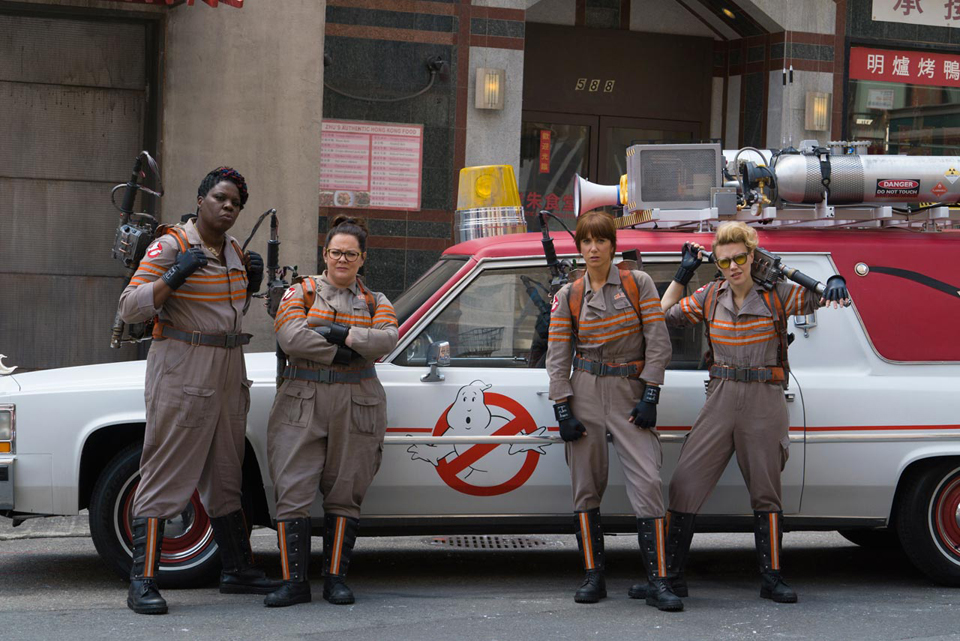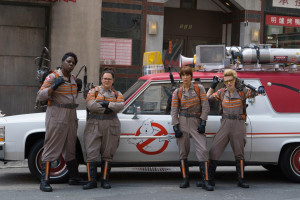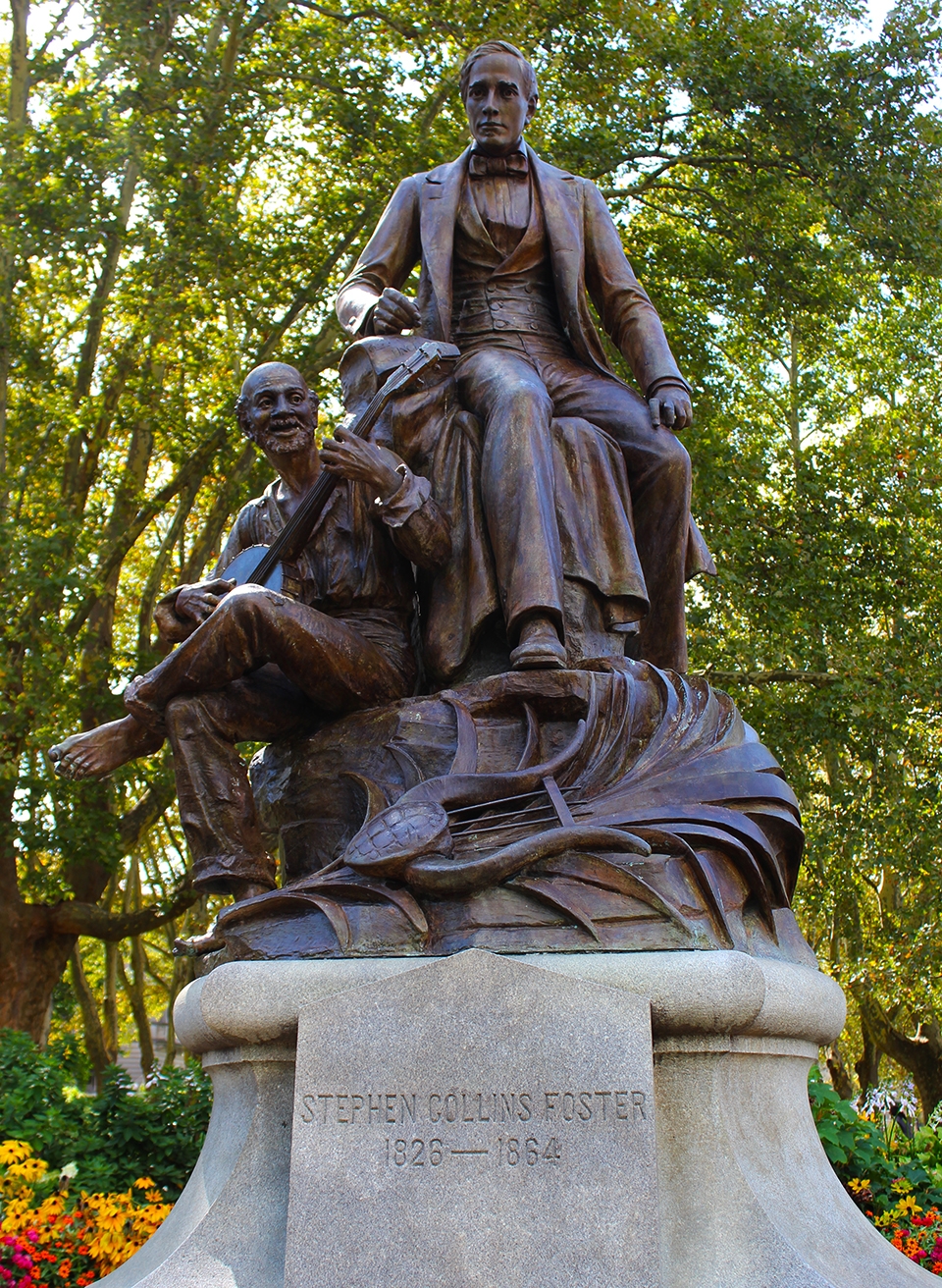
By Sean Ray | a&e editor

The all female remake of “Ghostbusters” had its first trailer released on March 3 to a not too positive reception. The film is set to star Kirsten Wiig, Melissa McCarthy, Kate McKinnon and Leslie Jones
The topic of representing minorities is a sensitive one in Hollywood. The recent movement against the near all-white Oscars sparked fierce controversy. Recently, another aspect of this multi-faceted issue has reared its ugly head: race and gender washing.
The all-female “Ghostbusters” reboot released its first trailer on March 3 to overwhelming negative opinions. The trailer currently has 175,340 likes to 382,393 dislikes on YouTube. In response, some media outlets have decried the trailer’s poor reception as being the result of sexism, rather than any form of legitimate complaint. The Mary Sue, a feminist media website, published an article titled “Why All Those Sexist Complaints About The New Ghostbusters Movie Are Garbage,” lambasting the Internet’s reaction.
While the general opinion over “Ghostbusters” still rages, a film released earlier received ovwhelming criticism for its race changing: “Gods of Egypt.” The movie, which focuses on Egyptian mythology, chose to have the majority of its main characters be portrayed by Caucasians, rather than Egyptian or African actors and actresses.
“More than just being ‘problematic,’ the implication remains that white actors, even generic white actors with zero box office draw, are preferable in terms of domestic and overseas box office than culturally-specific (minority) actors who actually look like the people they are supposed to be playing,” wrote Scott Mendleson, a contributor to Forbes.
Finally, controversy arose not out of a production changing its character’s race, but over it not doing so.
Finn Jones of “Game of Thrones” fame, was recently announced to be playing the titular role in Marvel’s “Iron Fist.” Much like the character he is representing, Jones is a white male. However, this has been deemed problematic by some. Why? Well, Iron Fist, as a character, has deep connections to Asian culture. The character is a skilled kung-fu fighter and was raised in a city based on Tibet. But, the character is white, not Asian.
As reported by NBC news, a movement grew on Twitter to have Iron Fist be cast not as a Caucasian, as he is traditionally portrayed, but as an Asian-American. #AAIronFist made the waves on the popular social media site, begging Marvel to change the character before the casting choice was announced.
With these three incidents occurring practically back-to-back, an important question arises: when is it okay to change a character’s race or gender?
While the “Ghostbusters” trailer certainly deserves criticism for its unfunny jokes, there is nothing wrong with the concept of an all-female “Ghostbusters” movie. However, there is something wrong with changing Iron Fist to being Asian.
When it boils down to it, the big question that needs to be asked is, “Does race/gender play an important part with the character?”
For the Ghostbusters, this answer is no. There is no intrinsic reason the main cast has to be all male, and there is no reason that they cannot be all female. The film could play out the same way, have the same themes and the same moments regardless of the gender of its characters.
This is not true for Iron Fist. A fundamental aspect of Iron Fist as a character is that he is an outsider no matter where he lives. In the Asian city he grew up in, he was an outcast because he did not physically look like anyone he knew. When he moves back to America, he did not fit in because he was culturally Asian and was utterly unfamiliar with the American lifestyle.
Changing Iron Fist to being Asian loses a point of the character and makes him into something different. You could not adapt “Huckleberry Finn” with a white Jim. You could not adapt “Silence of the Lambs” with a male Clarice Starling.
While it is a sad fact that Hollywood has a long history of casting Caucasians to play members of other races, often in very racist caricatures, haphazardly slapping a new race or gender on any character in an attempt to rectify the matter is not a tenable solution. The film and TV industry needs to be focused on telling stories first, and if that story can only be told with a white male, then it needs to be told with a white male.
However, if gender or race does not matter, Hollywood should strive to add diversity to its cast. Is there a reason certain characters are male? If not, change a few of them. Does 90 percent of the cast need to be white to accurately tell the story? If they don’t, then adding in African- or Asian-American cast members can only be to the production’s benefit.





This was very good. It doesn’t pander to any political side and I think it highlights the problem most people have with changing a character’s gender/race/sexuality.